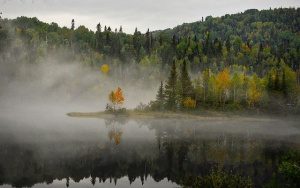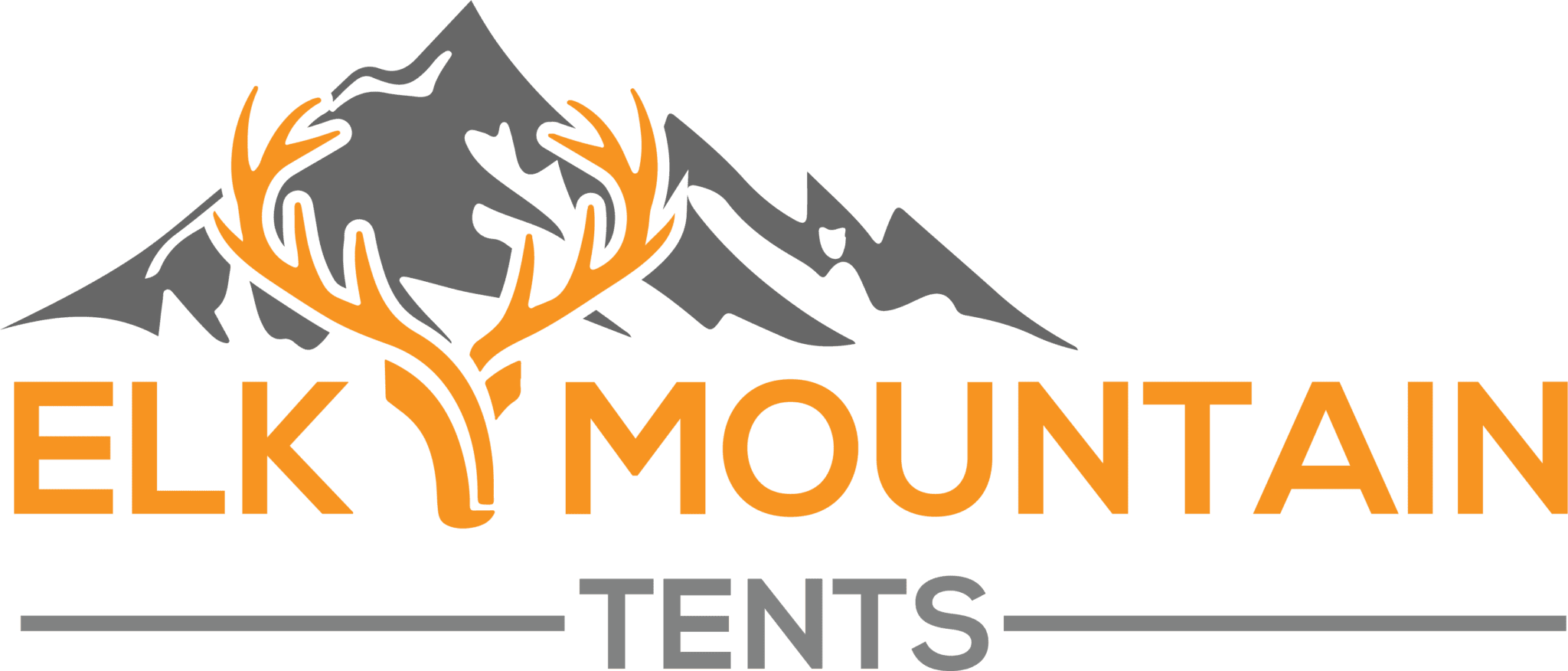 How to make your next Canadian fishing trip better
How to make your next Canadian fishing trip better
Fishing is something that people have been doing for thousands of years. For many people, it was once a way to provide food and money for their families (and in many places it still is), but today it is often seen as a hobby and a way to get out into nature. Some of the best fishing in the world can be found in Canada. It is estimated that over three million people go to Canada to enjoy their fishing each year. And, it’s no wonder: there are over two hundred different species of fish in their many waters. Whether you enjoy freshwater fishing, saltwater fishing, ice fishing, or fly fishing Canada has it all. They have large coastal regions that border three different oceans: the Atlantic, the Arctic, and the Pacific Oceans. They also have hundreds of both large and small lakes, streams, and rivers.
Canada is a large and beautiful country. No matter what province or territory you go to there will be some kind of fishing available. It all depends on what kind of fishing you want to do. The first step in planning a fishing trip is deciding where to go. You need to decide what kind of fish you want to be fishing. Because not only will this help you narrow down the location, but there are certain times of the year where specific kinds of fish are more plentiful than others. For example, if you want to fish Chinook salmon, pink salmon, or sockeye salmon, then you need to go to British Columbia during the time frame of June to September. Or if you want to fish Walleye then two of the best locations would be the Red River and Lake Winnipeg in Manitoba in the time frame of mid-May to October.

Once you have selected what kind of fish variety you want to catch, and a location, then you can start by looking at getting a fishing license and familiarizing yourself with the rules and regulations. You need to know what size of fish you can catch and how many you can catch to fish legally. The first thing you need to purchase is an Outdoors Card before you can fish anywhere in Canada (the only exception is if you are just fishing for one day, but you will need a valid government-issued ID). For non-Canadian residents and Canadian residents, the Outdoors Card will cost you $8.57. It can be purchased online and needs to be with you when you are fishing. This card will be good for three years before it needs to be renewed. But you will need a fishing license as well and that will depend on where you will go fishing. There are many different time lengths of a fishing license. You can purchase one for one day, eight days, one year, and three years. The limited eight days passes are only available to non-Canadian residents as the government prefers residents buying the year-long passes. There are also two different types of fishing licenses: sport fishing licenses and conservation fishing licenses. The real difference between the two is how many fish you can legally catch and keep. If you want to catch more fish then you will have to pay for the more expensive sport fishing license. You must have a license if you are eighteen or older but if you are younger you need to be with an adult who has an outdoors card and fishing license. But no matter what age you are you must always carry a government-issued ID.
To help you figure out the price point the following dollar amounts are for a fishing license specifically in Ontario, which has some of the best fishing in Canada. Each province may charge more or less but this is to simply give you a general idea of the current rate in Canada. A sport fishing license for non-residents in Ontario will cost $240.57 for a three-year license, $80.19 for a one-year license, $52.38 for an eight-day license, and $23.86 for a one-day license. A sport license for Canadian residents who don’t live in Ontario is $161.43 for a three-year license, $53.81 for a one-year license, and $14.71 for a one-day license. The cheaper conservation fishing license for non-residents is $152.13 for a three-year license, $50.71 for a one-year license, and $30.52 for an eight days license. A conservation fishing license for Canadian residents who don’t live in Ontario is $97.29 for a three-year license and $32.43 for a one-year license. Any of these different passes can be bought online and either downloaded on your smartphone or printed off. Regardless it needs to be readily available to be inspected at any time.
There is one more kind of license you will need if you plan to use a motorized boat on your fishing trip. If you bring your own boat, and you plan to use it for less than 45 days, then you will not need this license. However, if you plan to rent a boat that is registered or licensed in Canada and you want to drive it then you will need this license. It is called the Pleasure Craft Operator Card. To get this you must pass a test and pay about $38.86 for the license (the rate for a license may vary depending on who is proctoring the test). The test can be challenging so it is recommended to take a class either in person or online. One important thing to note is that you only need this license for motorized boats. If you plan to use a canoe, kayak, etc., you won’t need this license.
Once you have obtained the appropriate licenses needed to go fishing, then you need to figure out where you will be spending the night. There are many different accommodations available that cater to those who wish to fish. There are lodges in the middle of nowhere that can only be accessed by charter plane, cabins you can rent next to the lakeshores, RV camping areas, and the campgrounds that are either really close or right next to the water source you want to fish in. Camping at a campground in Canada is one the most affordable accommodations around, and depending on the amenities provided it will cost in the range of $15-30. Camping is also incredibly popular with both residents and non-residents. Most fishing (excluding ice fishing) occurs during the warmest months (late spring to early fall), which means you will be competing for campsites. The best way to get the campsites you want is to reserve them three months to six months in advance. If you want to do some sightseeing (which you should do since Canada has a lot of natural beauty) it is recommended you get a Discovery Pass, which will allow you access to any of the national parks in Canada.

Despite the best fishing being available in Canada, the weather can be incredibly unpredictable. It has been known to snow in the middle of July. When planning to camp in Canada it is better to be over-prepared than not. The best way to prepare for that is to have a good four-season tent. One of the best four-season tents on the market is the Elk Mountain Wall Tent.
All tents sold by Elk Mountain Tents are made exclusively out of a unique breathable polyester canvas which is both lighter and stronger than traditional cotton canvas. This canvas is eleven ounces and has a breaking strength of 449 pounds (warp direction) and 382 pounds (fill direction) compared to a traditional 12-ounce cotton canvas which has a breaking strength of 382 pounds (warp direction) and 241 pounds (fill direction). Not only is it strong enough to handle rain, high winds, and even snow, but it is waterproof and mold and mildew resistant. I say “resistant” because mold can grow on any surface, but the canvas in these tents are fully synthetic so there’s nothing there for nature to break down.
To help avoid the tent from becoming uncomfortable and stuffy it has screened windows and peak ridges that allow air circulation. It also helps avoid condensation. This wall tent is large and spacious, allowing plenty of room for you, your friends, and all your gear. It also has high side walls which allow the tent to have lots of headspace so you can easily stand in the tent. It also makes it easier to keep your fishing poles in this tent. This tent comes in three different sizes: 13X13, 13X16, and 13X20. According to their website, it costs in the range of $845 to $1095, and this is quite affordable compared to other canvas tents on the market.
Fishing in Canada is an experience anyone who loves to fish should do at least once in their lives. There is just so much variety in the kinds of fishing you can do and the kinds of fish you can catch. But traveling in Canada can become extremely expensive, which is why camping is the best way to make your next trip affordable. It is also a great way to be as close to the fishing as you can get. Not only that, but you don’t have to skimp on comfort when you have the right tent. Elk Mountain tents can make your next fishing trip so much better.
Sources:
https://fishingrefined.com/blog/canadian-fishing-license-cost/
https://tc.canada.ca/en/marine-transportation/marine-safety/operator-card-pcoc-faq#h
https://www.northernontario.travel/sunset-country/everything-you-need-to-know-about-planning-a-fishing-trip-to-northwest-ontario




